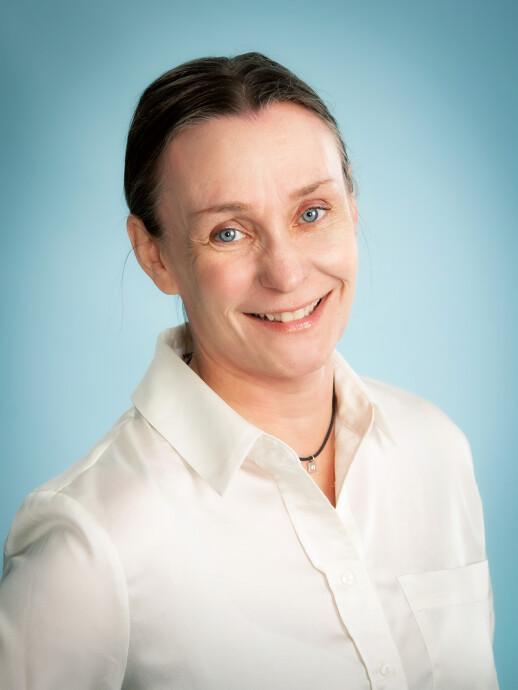Dr Krista Rantasaari: Abuse of Patent Enforcement in Europe. How Can Start-ups and Growth Companies Fight Back?

KristaRantasaari, a Finnish academic who is about to complete her PhD, is calling for patent reform in Europe. The introduction of her paper, below, looks at Europe’s patent system from the perspective of entrepreneurs, and points to failings in the system that leave small firms, and especially startups, vulnerable to opportunistic patent litigation.
On Friday the European Commission and the Portuguese Presidency of the EU will invite member states to support a declaration regarding startups that seeks to create common standards in areas such as access to finance and social inclusion. Ms Rantasaari feels that patent issues are missing from this otherwise useful initiative.
She is well placed to comment about the interface between innovation and the law.
Before returning to academia to research her PhD at the Turku Law School in Finland, Ms Rantasaari worked for the Finnish Venture Capital Association.
“I talked to a lot of entrepreneurs at that time. The two biggest challenges they face are getting financed and managing IP,” she said. “Often they are engineers by training and have no expertise in IP law.”
Limited financial resources and lack of IP expertise make it very difficult for smaller companies to defend themselves against abusive patent litigation, especially when brought by non-practicing entities (NPEs).
Studying the impact of patent abuse by NPEs on entrepreneurs and small companies is challenging because the courts make so little data available. However, slowly over the past few years a picture has emerged of systematic patent abuse by NPEs in Europe. “There is evidence now that the problem is growing. European policymakers should react quickly to stamp it out,” Ms Rantasaari said.
A range of legal instruments including the European Intellectual Property Enforcement Directive (IPRED) are designed to improve the working of the European patent system, but they are failing and they need to be clarified, Ms Rantasaari said.
One problem is that different countries have different interpretations of EU-wide legal instruments. The lack of a harmonized approach throughout Europe makes the situation hugely complex, especially for small firms, she said.
Europe could create a more harmonized approach to addressing patent issues across Europe by issuing clarifications to IPRED on patent litigation remedies. “A good way to achieve more harmonization would be to issue guidelines on how to interpret IPRED, and how, for example, courts should apply the proportionality principle,” she said.
The possible creation of a Unitary Patent and the Europe-wide Unified Patent Court (UPC) makes it even more important to get this right. If the UPC does not apply the proportionality principle to patent remedies, NPEs will have a more powerful tool for abusive patent litigation.
She also proposes taking a more subjective approach to the abuse of rights principle so that the intention of the patent holder can be assessed.
“There are non-practicing entities that play a useful role in the innovation chain, as well as trolls looking to abuse the system. By looking at the NPE’s intentions it’s possible to take a more informed decision based on the abuse of rights,” she said.
Other blogs

Prof. Valerio Sterzi: The problem with patents

Structural weakness in Europe’s patent system should also be a Presidency priority
